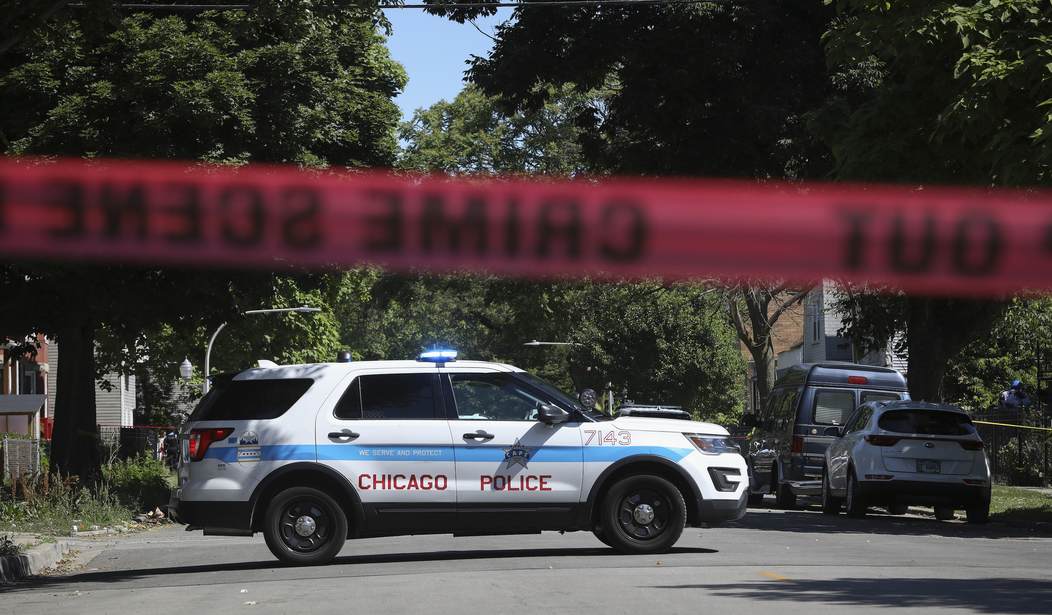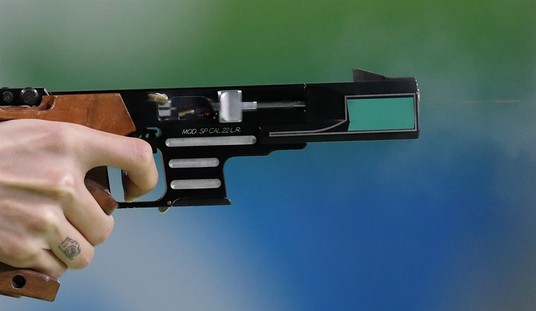There were more than 2,000 carjackings reported in Chicago last year, but according to researchers, fewer than 10% of those have been recovered by the Chicago police.
That startling statistic is part of a new study seeking to investigate why the number of carjackings has exploded in the city over the past couple of years, and while the conventional wisdom put forth by city officials is that the surge has been driven largely by juvenile offenders looking for a joyride or a getaway vehicle for other crimes, the study’s authors argue that the lack of vehicle recoveries is an indication that there’s an economic factor at the heart of the crime spike.
The study found that from 2017-2021, Chicago police have recovered less than one in five carjacked vehicles. CPD had recovered just 10% of the vehicles carjacked in 2021 as of Feb. 8, 2022, when the data was provided.
“When you look at these numbers, it’s hard to line these facts up with the narrative that our city leaders have put out that the spike is being driven by young people seeking joyrides,” [Professor Robert] Vargas said about the findings. “Because unless young people are extremely good at hiding cars after having gone for a joyride, it seems like there’s some pretty strong economic incentives going on here and things linked to the informal economy, which suggests a far different set of interventions needed to address the problem.”
While there’s probably something to Vargas’ theory that economic factors are playing a role in the increase in carjackings, I’m not convinced that means that different interventions are needed to address the problem. No matter the motivation, carjacking is still a crime, and that means that there must be consequences. Unfortunately, if police are recovering just 10% of carjacked vehicles, the arrest rate for carjacking is also incredibly low. In my opinion, the best way to bring the number of carjackings down is to bring up the number of arrests and convictions for the crime, but Vargas sees it differently.
“If the vast majority of carjacking incidents are being motivated by economic incentives, then it means that youth programming alone isn’t going to be sufficient to address the problem. It means that the problem is being driven by economic need,” Vargas said. “And when you look at the fact that the carjacking spike occurred just as the pandemic and the economic downturn hit, it makes logical sense that a lot of the carjacking is tied to the tremendous increase in economic need in Chicago’s disadvantaged neighborhoods.”
Vargas said he was inspired to dig into the carjacking data because of the huge amount of attention being given to the problem by politicians and the media. He said that attention makes sense considering that the dangerous and terrifying crime became much more common over the past two years, but he said the “type of attention” failed to give an accurate picture of the problem. And Vargas said there are dangerous, unintended consequences to the Police Department’s decision to focus on the young people committing carjackings.
Vargas says he worries that portraying “an issue like carjacking as a youth issue, particularly a youth of color issue when it might, in fact, not be, I think [it] unnecessarily reinforces the stereotypes about these young people.” While that may be the case, the bigger issue is the fact that more carjackings are taking place. It really doesn’t matter to me if the guy trying to steal my car from me at gunpoint is 16 or 60, black or white. My biggest concern at that point is protecting my life and the lives of any passengers I might have.
To that end, while I know it will never happen, I’d really love to see the Chicago police encourage residents to become concealed carry licensees and to be prepared to protect themselves when they’re behind the wheel. The city has seen too many stories like this one for public officials to oppose residents exercising their right of armed self-defense.
A suburban Chicago chef was brutally beaten and robbed during a carjacking and may never fully recover from a severe brain injury, his traumatized sons said.
Jin Yut Lew, 61, was carjacked, robbed and “left for dead” during a violent attack on April 7 near Chicago’s Chinatown section, where he was assaulted with a blunt object to the head and face, his sons said.
“He was found by street cleaners who reported the incident to the police and an ambulance brought him to the hospital,” Alford and Richard Lew said in an online fundraiser. “He required immediate brain surgery and was diagnosed with severe brain trauma which led to swelling and internal bleeding.”
Lew, who immigrated to the US from China in the early 1980s, remains in a coma at a hospital where he was transported after being found “incoherent” and bleeding from the head, Chicago police told The Post Friday.
So far, just as in the vast majority of Chicago carjackings, there have been no arrests in the brutal assault on Lew, who at last report remains in a coma but is breathing on his own.
Academics can talk all they want about the fundamental economic reasons they believe are the motivating factor for carjackers in Chicago, but the bottom line is that most Americans who are struggling financially don’t turn to armed robbery for a paycheck, and economic uncertainty doesn’t account for the horrific injuries and fatal shootings of many victims. There is pure evil on display in many of these crimes, and while carrying a gun for self-defense doesn’t guarantee that good will triumph over evil, at least it gives the law-abiding a fighting chance at surviving a run-in with an amoral psychopath (or an economically-challenged youth) willing to end a life in order to steal a car.








